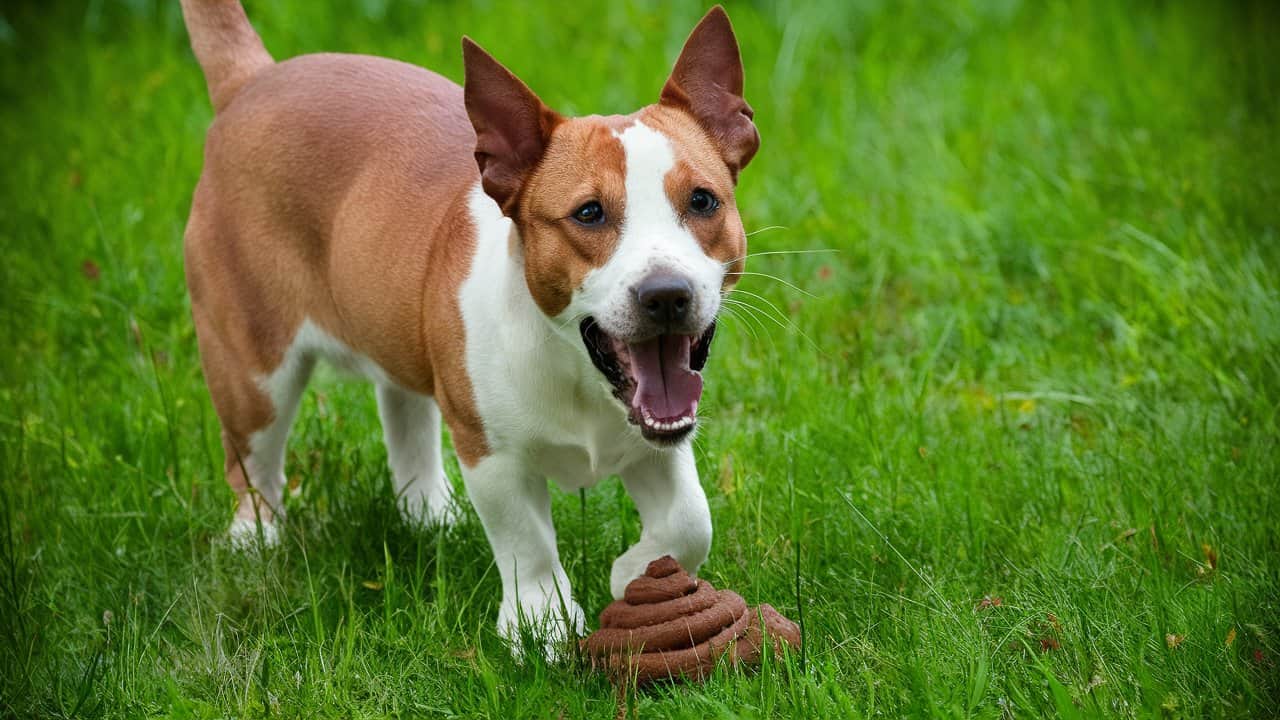The curious habit of many dog owners to let their pets eat cat poop—a term known as coprophagy—can be confusing and upsetting. Although it may seem strange to humans, dogs frequently exhibit this behavior, which, if ignored, can result in several health problems. For the sake of our dogs’ well-being, we must identify the signs that indicate they have ingested cat poop.
Sulfurous Breath Odour
The smell of a dog’s breath is one of the first obvious indicators that it has been eating cat poop. Strong, disagreeable odors are frequently caused by bacteria found in cat poop, which can cause problems with dental hygiene and aggravate dogs’ bad breath.
Gastrointestinal Distress
When dogs consume cat poop, they may get diarrhea and vomiting as gastrointestinal distress. Foreign objects in the digestive system can cause discomfort and possibly dehydration by irritating the lining of the stomach and interfering with regular bowel movements.
Enhanced Appetite
Contrary to popular belief, dogs that eat cat poop might become more hungry. Cat poop still contains bits of undigested food, which can be attractive to dogs, so this behavior is caused by the nutritional value of the poop. Unfortunately, consuming indigestible materials along with this increased appetite can result in nutritional imbalances and problems controlling weight.
Changes in Behavior
A potential issue may also be indicated by noticing behavioral changes in your dog, such as increased lethargy or restlessness. Because eating foreign materials can have physiological effects, dogs who regularly eat cat poop may experience changes in energy and mood.
Possibility of Parasitic Infection
The possibility of parasitic infections is perhaps the most worrisome consequence of dogs consuming cat poop. Roundworms and Toxoplasma gondii are just two of the parasites that can be found in cat poop and spread to dogs through consumption. If treatment is not received, these parasites can result in a variety of health problems, ranging from minor gastrointestinal distress to more serious systemic illnesses.
Excessive Licking in the Anal Area
Excessive licking near the anal region is another indicator that a dog has eaten cat poop. Dogs may act in this way to ease their discomfort or annoyance from ingesting foreign objects or from experiencing gastrointestinal distress.
Conclusion
In conclusion, for proactive pet care and management, it is critical to comprehend the symptoms connected to dogs eating cat poop. Even though the behavior might appear normal or even harmless to certain dogs, if ignored, it can seriously harm their health. Pet owners can guarantee the health and longevity of their dog companions by identifying the symptoms mentioned above and taking the necessary action to prevent coprophagy.

